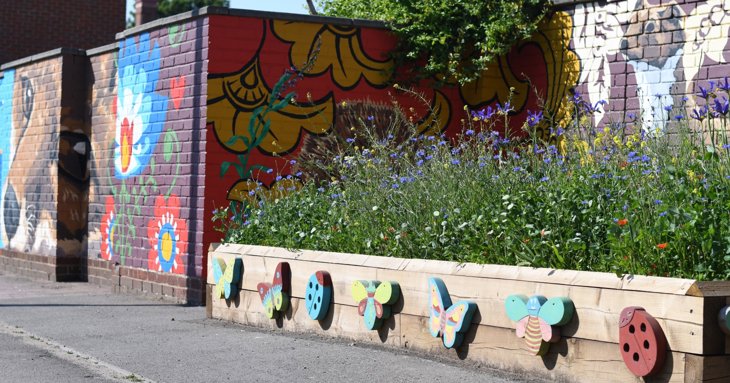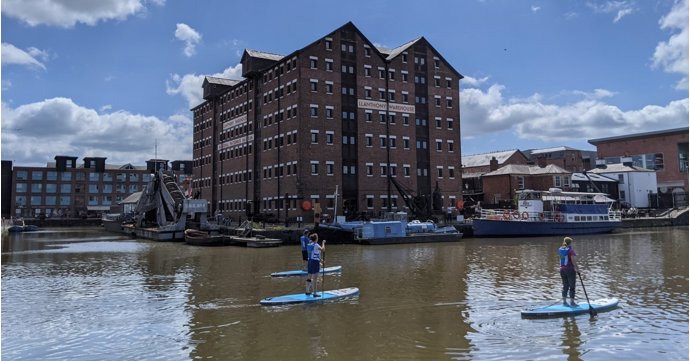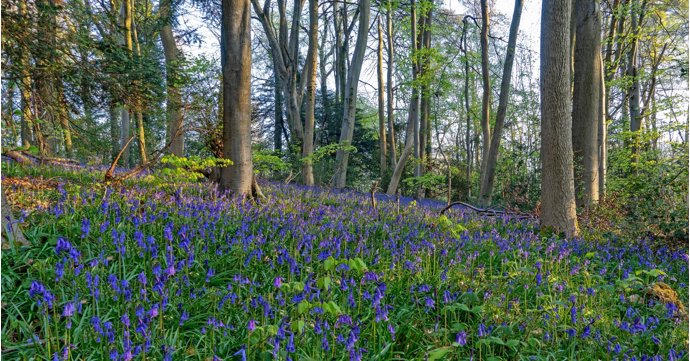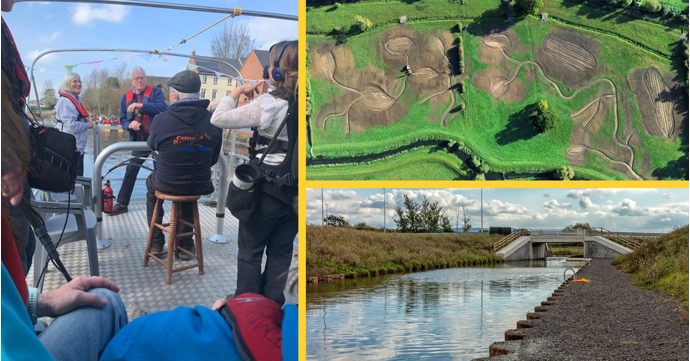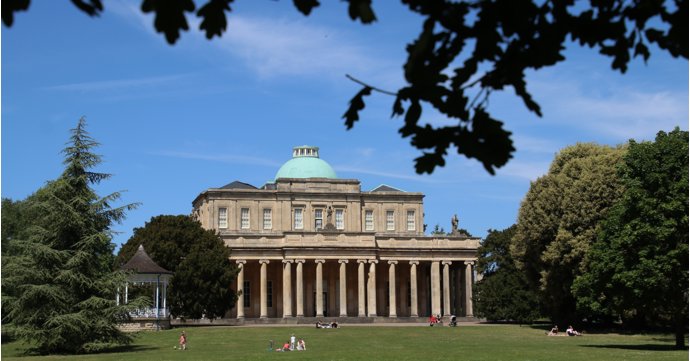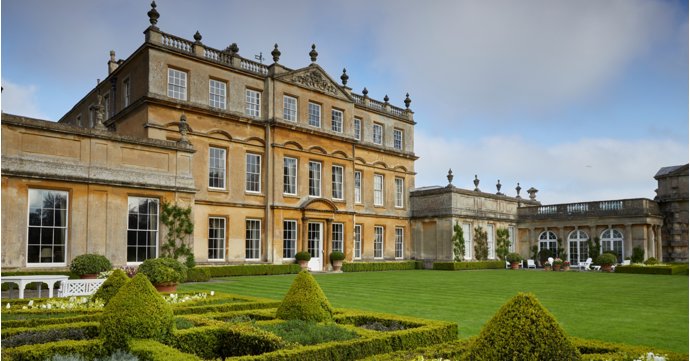The healing power of time spent in nature is being used to help patients and save precious NHS resources in Gloucestershire.
It's been well-documented that getting outdoors and wandering among wildlife-rich areas boosts wellbeing.
Now, a partnership between Gloucestershire Wildlife Trust and Gloucestershire Clinical Commissioning Group is looking at just how far the benefits can go towards helping individuals stay healthy as well as keeping NHS finances healthy too.
In May 2023, global strategic environmental and engineering consultancy Ricardo plc and The Institute of Occupational Medicine Health carried out an economic assessment of the Wildlife Trusts' programmes across the UK, to investigate benefits to the NHS.
It showed people with nature on their doorstep are more active, mentally resilient and have better all-round health.
And concluded nature-based health and wellbeing programmes could save hundreds of millions of pounds each year as well as reducing society’s reliance on the NHS.
It predicted targeted green prescribing, which harnesses the health, wellbeing and social benefits of spending time in nature, could save the NHS more than £635 million each year.
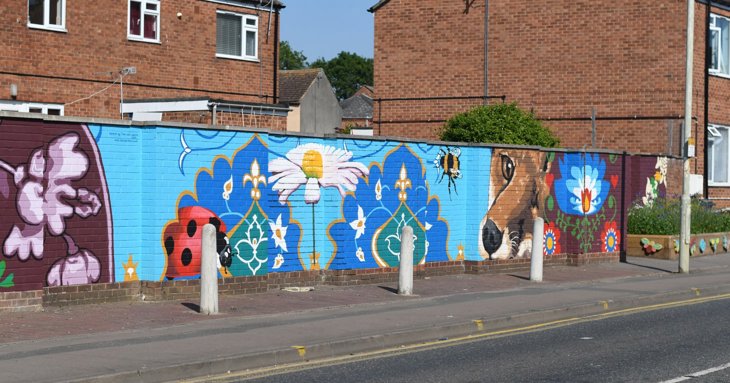
Several recent Gloucestershire Wildlife Trust projects have taken this approach, from the Barton Street Nature Highway to the Carer’s Cafe at Robinswood Hill and the innovative Nature Nurtures project.
Nature Nurtures received funding from the Gloucestershire Clinical Commissioning Group to support children struggling with low-level wellbeing needs in Gloucester, Cheltenham and the Forest of Dean.
The project uses a nature-based approach with activities including insect identification, storytelling walks, pond dipping and nature yoga, enabling the children to slowly grow in confidence over a period of eight weeks, improving their wellbeing, team working skills and self-esteem.
A parent of one youngster in the project said their daughter came home 'calm, confident and fulfilled'.
Parents using the green prescribing programme also reported a reduction in their children’s anxiety, improvement in anger management and an overall willingness to get more involved in activities, try new things and make new friends.
Head of engagement at Gloucestershire Wildlife Trust, Nicky Simpson, said: 'We’ve always known the impact nature can have on health and wellbeing and this is something that’s at the heart of our engagement work.
'Many people in Gloucestershire don’t have access to green space; or they might not have the confidence to explore the great outdoors.
'Working with the NHS and other social prescribers gives us the opportunity to reach these people and show them that nature is for everyone and getting in touch with the natural world can really change your life.'
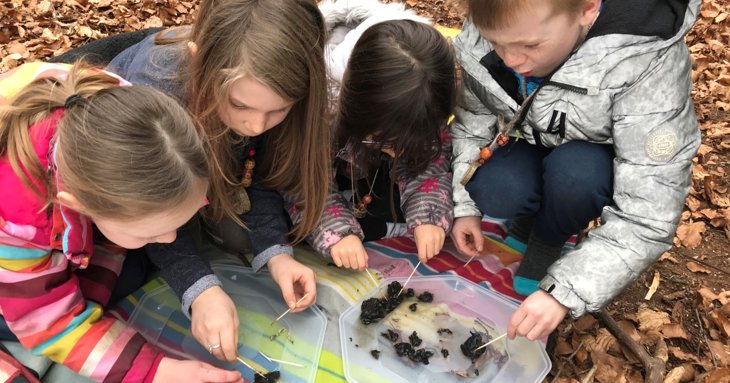
NHS doctor and vice-president of The Wildlife Trusts, Dr Amir Khan, added: 'What excites me about this research is that it shows the potential of Wildlife Trust programmes to work alongside and reduce reliance on NHS services.
'Programmes that tackle some of the causes of preventable illnesses — social isolation that can lead to feelings of loneliness or depression; physical inactivity, which is linked to musculoskeletal problems; and a lack of skills or prospects leading to economic inactivity.
'The Wildlife Trusts’ programmes can shoulder some of the burden of ‘mainstream’ NHS services, and they should be available to all health professionals, to refer patients to, where appropriate.'
To increase access to green social prescribing projects and enable the NHS to benefit, The Wildlife Trust is calling on the UK government to integrate green prescribing into community health and social care services everywhere; encourage shared investment from government departments working on housing, employment, community cohesion, transport and culture; and provide support to help strengthen partnerships between local healthcare services and community-rooted organisations like The Wildlife Trusts.


